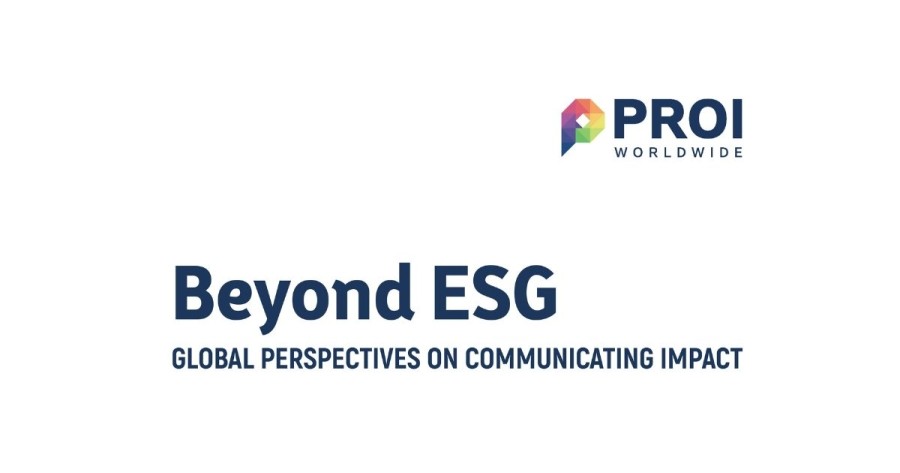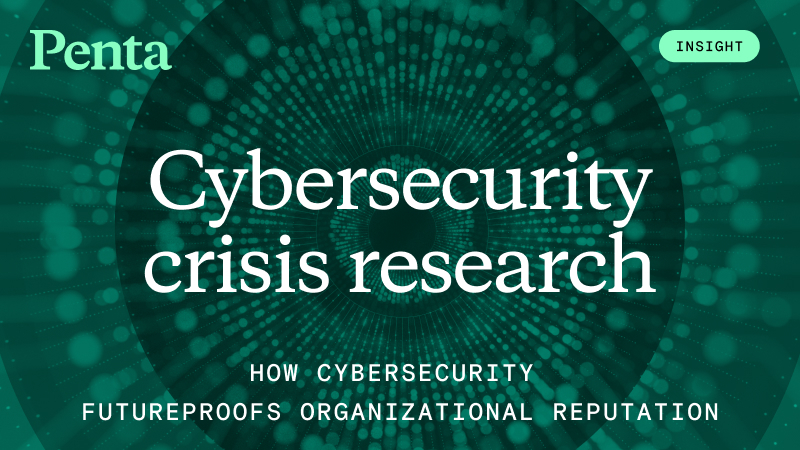No matter how big or small, no brand is immune to a crisis. In today’s digital era, AI can accelerate the spreading of news to unorthodox 'news sites', creating narratives based on misinformation. The immediate first step in recovering from a crisis is assessing all the facts together with evaluating the situation's impact.
How a company handles the aftermath of a crisis is what truly defines its reputation. Here is how brands can gradually rebuild their reputation:
Acknowledgement of the issue
The worst thing a brand can do after a crisis is to move on like nothing has happened. After taking accountability, whether it's through a media release or social media statement, brands must consciously employ the proper measures in their next steps forward. Consumers appreciate genuine effort, so it's important to take responsibility and address any misunderstandings.
Tip: Avoid vague, defensive or dismissive responses. A sincere acknowledgement builds the foundation for trust restoration.
Apologise with authenticity
A well-crafted apology is powerful, but only if it's genuine. Avoid corporate jargon and excuses - or even sounding like a statement is AI-generated, as consumers would call it out nowadays.
Instead, focus on empathy and a commitment to making things right. A strong apology includes:
- A clear acknowledgement of the issue
- Taking responsibility without shifting blame
- A commitment to corrective action
Brands must have an effective solution after a crisis, otherwise, their words mean nothing. For example, stricter company guidelines and testing ensure the issue is avoided in the future.
Leadership accountability is also necessary. Companies may issue public statements and conduct internal investigations to demonstrate their commitment to resolving the issue. Additionally, if financial issues were involved, providing compensation such as refunds or other benefits can help rebuild trust.
Taking meaningful action reassures stakeholders that the brand is serious about change and committed to preventing future mistakes.
Communicate transparently and consistently
Consumers want to see progress, not just promises. Regular updates after an issue are needed to ensure that transparency remains at the core of the brand's response. One way to go about this is either to create a dedicated page or media release where ongoing updates are shared, of course in compliance with internal legalities and processes.
Furthermore, public appearances, whether that is hosting Q&A sessions or interviews with leadership, can also be beneficial, as it allows company representatives to address concerns directly. A media-trained spokesperson is key to confidently communicating the proper messages.
Engage and rebuild relationships
Brands should be active after the crisis, acknowledging customers' concerns and responding to feedback. This can be shown via behind-the-scenes efforts to highlight protocols, ethical sourcing or employee training. Another way could be partnering with trusted voices, such as influencers or industry experts who align with the brand's values.
Monitor brand sentiment and adjust strategies
Trust isn't rebuilt overnight. After all actions have been taken, brands should still continuously monitor public response. If certain strategies are not working, they should be adjusted accordingly to better engage both internally and externally.
Remember, rebuilding trust is an ongoing process - not a one-time fix. Companies that remain adaptable and responsive to their audience will be more successful in regaining and maintaining long-term credibility.
Nicole Reaney is the CEO & Founder of InsideOut Public Relations (IOPR), a full-service PR agency with specialist consumer and corporate experience, and comprehensive capability in different sectors. She has over 20 years of experience in corporate and consumer PR and communications, with her career being fast-tracked when she became Colgate-Palmolive's Corporate Affairs Manager and Media Spokesperson for the South Pacific at just 23 years old.
Today, she is a prominent Australian brand and personal reputation commentator, regularly appearing on mainstream TV, newspapers, online and radio. She has been actively involved in the Public Relations Institute of Australia from 2001 to 2014 at both board and council positions, giving her access to a wide range of industry networks.



